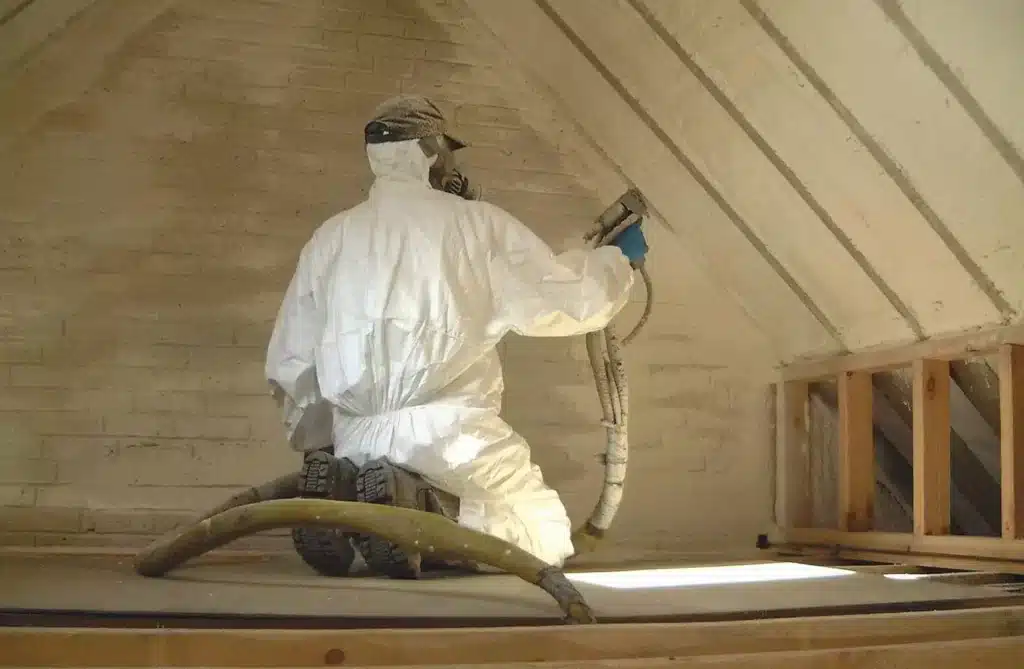Insulation your Comprehensive Guide
The Ultimate Guide to Insulation: Benefits, Types, and Applications
Insulation plays a crucial role in maintaining comfortable indoor temperatures, reducing energy consumption, and saving money on utility bills. Proper insulation is essential in both residential and commercial properties to prevent heat transfer, which helps maintain a consistent indoor climate throughout the year.
Types of Insulation
There are several types of insulation materials available, each suited to specific applications. Some of the most common options include:
- Fiberglass batts
- Spray foam insulation
- Blown-in cellulose
- Rigid foam boards
- Reflective insulation
Benefits of Proper Insulation
Installing high-quality insulation offers numerous advantages:
- Energy efficiency: Well-insulated homes and buildings require less energy to maintain desired temperatures, resulting in lower energy bills.
- Increased comfort: Insulation reduces drafts and maintains consistent indoor temperatures, making living and working spaces more comfortable.
- Environmental impact: By reducing energy consumption, insulation helps lower carbon emissions and supports sustainability efforts.
- Soundproofing: Insulation can also help reduce noise transfer between rooms and from outside sources.
Common Applications
Insulation is commonly installed in various parts of a building, including:
- Attics
- Walls
- Floors
- Crawl spaces
- Basements
Each area may require a different type of insulation material to achieve optimal performance. For example, spray foam is often used in attics to seal gaps and provide an airtight barrier, while fiberglass batts are frequently installed in walls and floors for cost-effective thermal resistance.

How to Choose the Right Insulation
When selecting insulation, it’s essential to consider factors such as R-value, material type, and installation location. R-value measures the insulation’s thermal resistance; higher R-values indicate better performance. The ideal R-value varies depending on your climate and the part of the building being insulated.
Additionally, consider the material’s durability, fire resistance, and moisture resistance. Consulting with a professional insulation contractor can help you determine the best choice for your specific needs.
Conclusion
Investing in proper insulation is one of the most effective ways to enhance energy efficiency, improve indoor comfort, and reduce environmental impact. By selecting the right insulation materials and ensuring correct installation, you can enjoy long-term benefits and significant cost savings.
FAQ
What is the most energy-efficient type of insulation? Spray foam insulation is known for its superior energy efficiency due to its ability to seal gaps and prevent air leaks. How often should insulation be replaced? Insulation typically lasts for decades, but it should be inspected periodically. If it becomes damaged or loses effectiveness, it may need to be replaced. Can insulation help reduce noise? Yes, insulation can help dampen sound, making indoor spaces quieter and more comfortable. What is R-value? R-value measures the thermal resistance of insulation. A higher R-value means better insulating performance.

